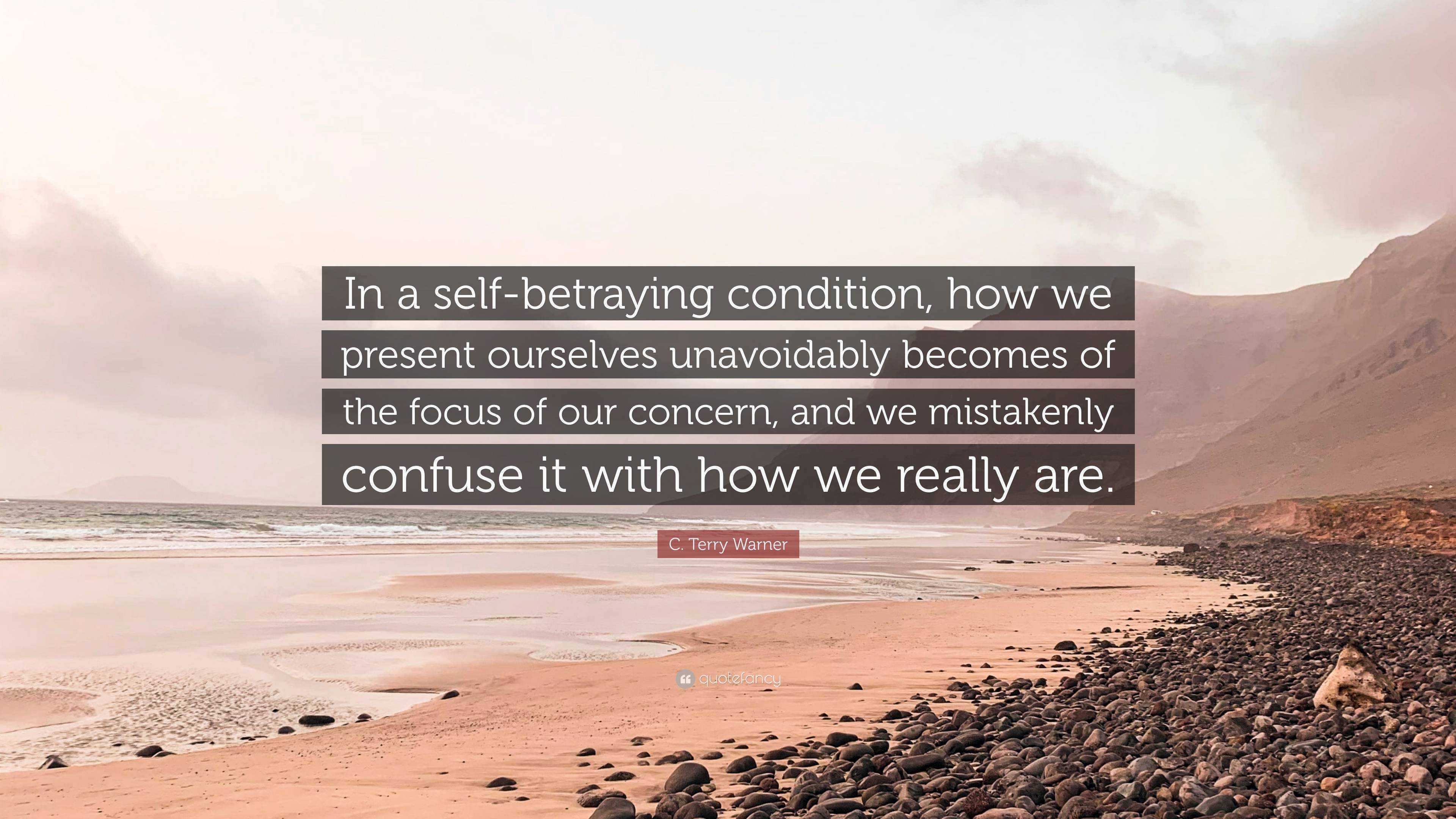How We Present Ourselves Affects How We Are Treated
Clothing, body language, and confidence have a profound impact on how others perceive and interact with us. While an ideal world would judge each person based solely on character, human nature often falls short of true fairness and equality. This multi-part guide explores how self-presentation influences respect and respectability, for better and worse, with practical advice on empowering oneself through authentic self-assurance.
First Impressions Start from the Outside In
My partner and I have noticed that dressing in nicer clothes typically results in more courteous service when going out. This uncomfortable truth reveals how easily superficial factors like attire can shape initial judgments. While focusing on superficial traits is regrettable, recognizing human tendencies helps one navigate social dynamics. Dressing to please others validates insecurities, so find balance presenting an authentic self-respect.

Inner Strength Quiets Outward Judgment
In teaching, personality impacts authority far more than credentials. Confident instructors command respect through passion and presence alone, where unsure counterparts struggle to engage students. This echoes in life - those radiating self-assurance naturally attract esteem, while insecurity invites exploitation. To counter prejudice, speak with conviction, set boundaries firmly and give no cause to doubt competency or willpower. Character outweighs costume when presented steadfastly.
Authenticity Trumps Appeasing conformity
Constant people-pleasing and self-deprecation signal lack of self-worth, inviting disrespect. While introversion merits esteem, diffidence does not. To reverse mistreatment, assert boundaries politely but resolutely. Compromising integrity to conform gains only superficial allies, not true regard. Authentic self-respect, demonstrated through dignified words and actions, inspires respect in time as nature overcomes nurture. External change starts within, so embrace strengths calmly before expecting outward acceptance.
Assertiveness Secures Esteem Naturally
If disrespected, address the perpetrator confidently, not confrontationally, to establish boundaries clearly without escalating tension. Do not doubt worthiness or capability, as hesitation fuels disrespect. Similarly, avoid defensiveness which acknowledges their power. Calm assurance maintains composure and dignity, weakening others’ perceived control. With practice, poise becomes presence, gaining the easy authority respect demands naturally as an afterthought, not goal. External validation follows inner security in due course.
**Appearances Affect is Regrettable but True **
Denying first impressions impact proves naïve. While character signifies most, superficial cues like clothing initially color perception, for better or worse. Superficiality sadly shapes some service quality too. However, fretting appearance validates superficial biases and oneself as object. Dressing authentically with self-respect and addressing bias calmly wins esteem authentically in time as confidence, not costume, inspires profound regard. Though surface-level prejudice exists, within our control lies cultivating composure denying others that power.
True Empowerment Arises from Within Alone
Rather than concerning how others may judge based on looks, focus on cultivating stable self-worth impervious to externals. With practice, confidence becomes an unquestioned constant, diminishing significance of fleeting opinions. Preoccupied proving worth invites insecurity; from inner security stems poised self-possession commanding natural respect. While prejudices persist, within our power lies growing an unassailable inner strength rendering judgments powerless. True empowerment and equality arise from within, undeterred by outside appearances or perceptions.
